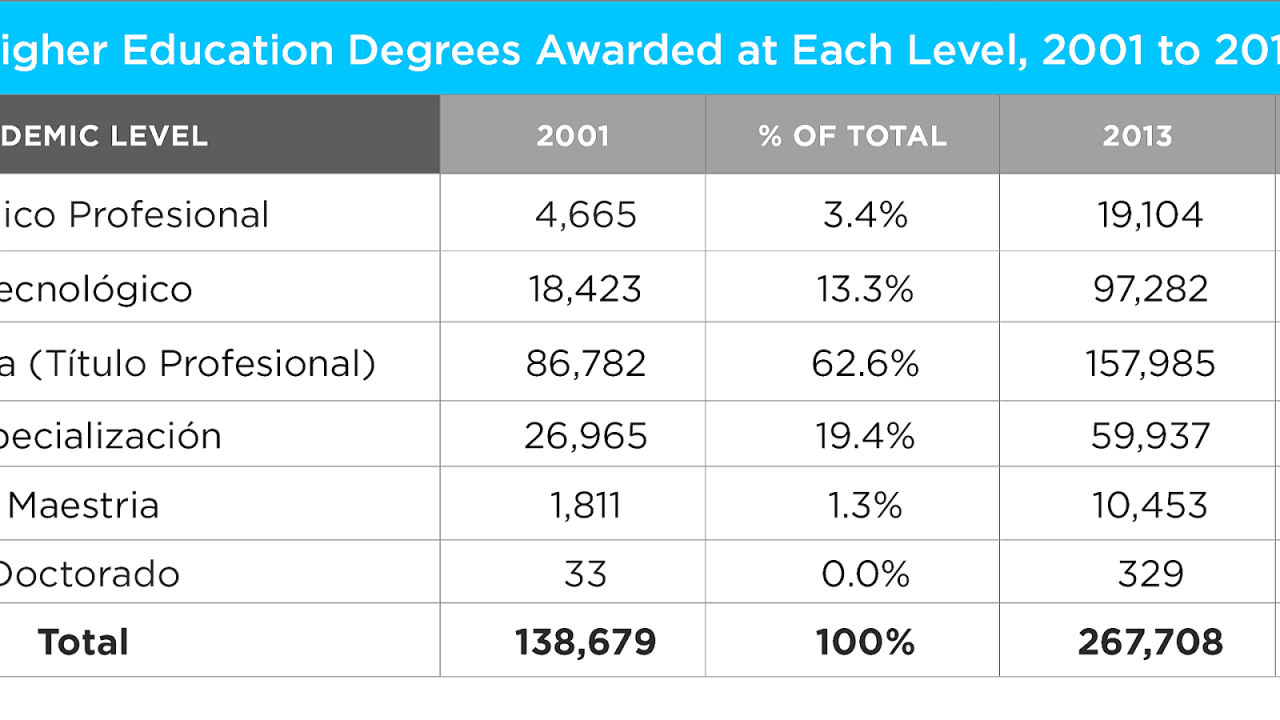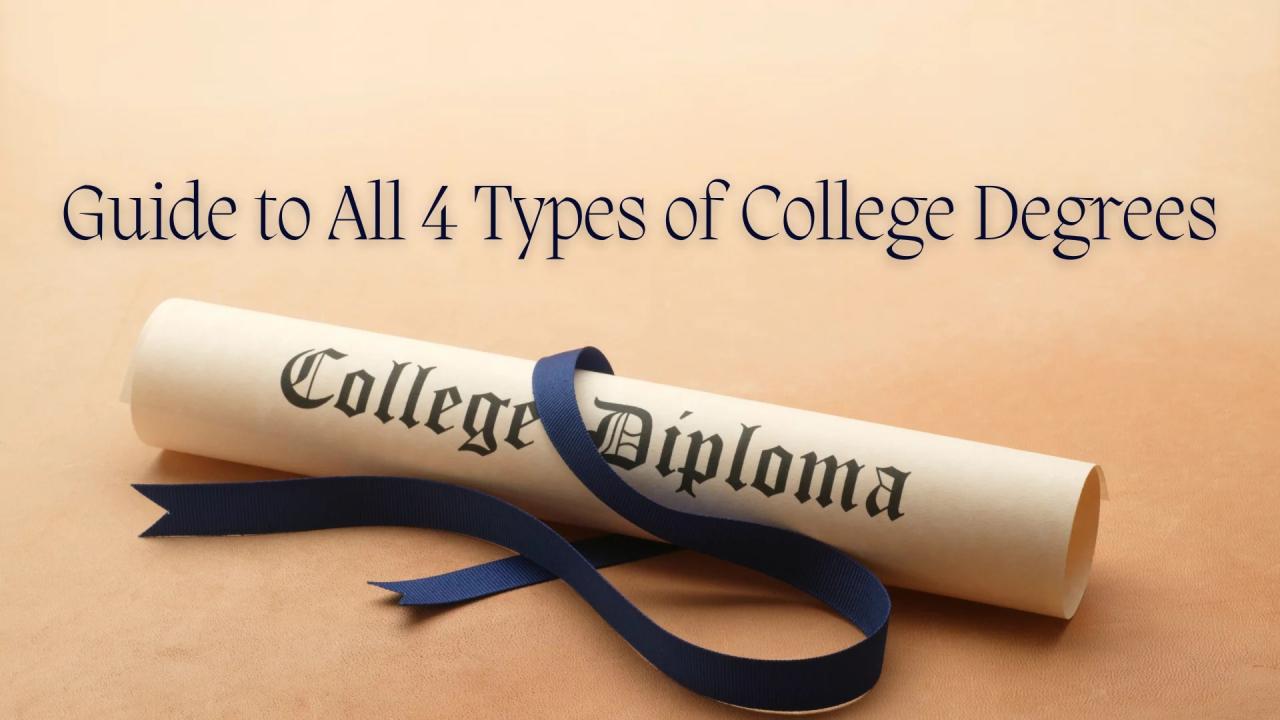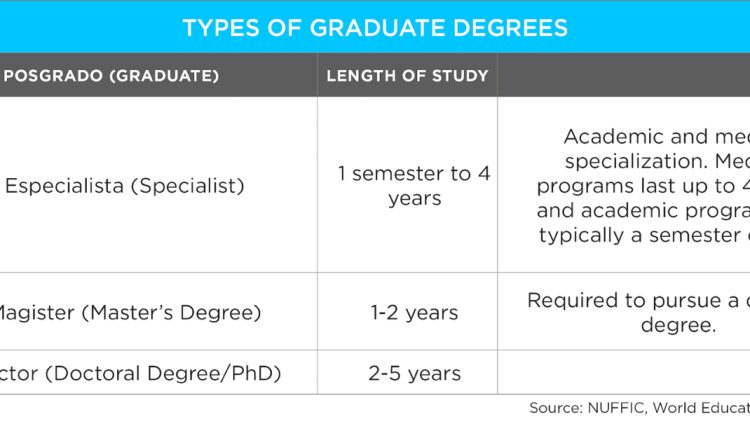
What is a bachelor’s degree? It’s a question that often arises when considering higher education. This widely recognized academic credential represents a significant achievement, marking the completion of a comprehensive undergraduate program. It’s a gateway to numerous career paths and opportunities, offering a blend of theoretical knowledge and practical skills.
A bachelor’s degree is a testament to a student’s dedication to learning and their commitment to developing a specific area of expertise. The journey to earn a bachelor’s degree is a transformative one, fostering critical thinking, problem-solving abilities, and communication skills, all essential for navigating the complexities of today’s world.
Definition of a Bachelor’s Degree

A bachelor’s degree is an undergraduate academic degree awarded by colleges and universities upon successful completion of a course of study. It signifies that the recipient has attained a fundamental level of knowledge and skills in a specific field of study.
Historical Origins and Evolution
The concept of a bachelor’s degree originated in medieval Europe, specifically in the 12th century. At that time, universities were primarily focused on the study of theology, law, and medicine. The bachelor’s degree, known as the “Baccalaureus,” was initially a stepping stone to higher degrees like the master’s and doctorate.
The bachelor’s degree evolved over time, with the introduction of new subjects and disciplines. The Industrial Revolution, in particular, led to the emergence of new fields of study, such as engineering and science. This diversification resulted in the creation of various types of bachelor’s degrees, each tailored to a specific area of knowledge.
Types of Bachelor’s Degrees, What is a bachelor’s degree
Bachelor’s degrees are categorized based on the field of study and the specific skills and knowledge acquired. Some common types include:
- Bachelor of Arts (BA): This degree is typically awarded for programs in the humanities, social sciences, and arts. It emphasizes critical thinking, communication skills, and the analysis of human culture and behavior.
- Bachelor of Science (BS): This degree is awarded for programs in science, technology, engineering, and mathematics (STEM). It focuses on scientific principles, quantitative reasoning, and practical applications of knowledge.
- Bachelor of Engineering (BE): This degree is awarded for programs in various engineering disciplines, such as civil, mechanical, electrical, and chemical engineering. It emphasizes problem-solving, design, and the application of scientific and mathematical principles to engineering challenges.
Purposes and Benefits of a Bachelor’s Degree
A bachelor’s degree serves multiple purposes, providing individuals with a strong foundation for personal and professional growth. It equips them with specialized knowledge, skills, and critical thinking abilities, opening doors to a wide range of career opportunities and enhancing their overall well-being.
Career Advantages and Opportunities
A bachelor’s degree significantly enhances career prospects, offering a competitive edge in the job market. Employers often prioritize candidates with a bachelor’s degree, recognizing the value of the knowledge and skills gained during their academic journey.
- Increased Earning Potential: Studies consistently demonstrate that individuals with a bachelor’s degree earn significantly more over their lifetimes than those with only a high school diploma. According to the U.S. Bureau of Labor Statistics, workers with a bachelor’s degree earn an average of 66% more than those with only a high school diploma.
- Access to Higher-Level Positions: Many professions require a bachelor’s degree as a minimum qualification. A bachelor’s degree opens doors to a wider range of career paths and allows individuals to progress into leadership roles. For instance, a bachelor’s degree in engineering is often required for entry-level positions and can lead to roles like project manager or chief engineer.
- Enhanced Job Security: In today’s rapidly evolving job market, a bachelor’s degree can provide greater job security. A bachelor’s degree equips individuals with the adaptability and critical thinking skills necessary to thrive in a dynamic work environment. The Bureau of Labor Statistics indicates that individuals with a bachelor’s degree have a lower unemployment rate compared to those with a high school diploma.
Personal Growth and Intellectual Development
Beyond career advantages, a bachelor’s degree fosters personal growth and intellectual development, equipping individuals with valuable life skills and a broader understanding of the world.
- Critical Thinking and Problem-Solving Skills: The rigorous academic coursework and research involved in a bachelor’s degree program cultivate critical thinking and problem-solving skills. Students learn to analyze information, develop logical arguments, and approach challenges with a structured mindset.
- Communication and Collaboration Skills: A bachelor’s degree program often involves group projects, presentations, and written assignments, which enhance communication and collaboration skills. These skills are highly valued in the workplace and contribute to effective teamwork and professional success.
- Lifelong Learning and Adaptability: A bachelor’s degree instills a love for learning and a desire to stay updated with current trends. It fosters adaptability, allowing individuals to navigate a constantly changing world and embrace new challenges with confidence.
Structure and Curriculum of a Bachelor’s Degree
A bachelor’s degree program is structured to provide students with a comprehensive and in-depth understanding of their chosen field of study. The program typically consists of a core curriculum and elective courses, designed to equip students with essential knowledge, skills, and perspectives.
Core Curriculum
The core curriculum forms the foundation of a bachelor’s degree program, ensuring that all graduates possess a common set of knowledge and skills. It typically includes courses in:
- General Education: Courses in humanities, social sciences, and natural sciences, fostering critical thinking, communication, and problem-solving abilities.
- Major-Specific Courses: Core courses directly related to the chosen major, providing foundational knowledge and skills in the field.
- Electives: Courses chosen by students to explore areas of interest or specialize within their major.
Academic Requirements
A bachelor’s degree typically requires students to complete a specific number of credit hours, usually between 120 and 130. Each course carries a certain number of credit hours, and students must accumulate enough credits to graduate.
Assessment Methods
To assess student learning, bachelor’s degree programs employ various methods, including:
- Exams: Written or oral examinations to test knowledge and understanding.
- Assignments: Projects, essays, research papers, and presentations that demonstrate critical thinking, problem-solving, and communication skills.
- Class Participation: Active engagement in class discussions and group activities.
- Practical Experiences: Internships, research projects, and fieldwork to apply theoretical knowledge in real-world settings.
Sample Bachelor’s Degree Program in Computer Science
This sample program highlights the unique aspects of a bachelor’s degree in computer science:
- Core Curriculum: Includes courses in programming, data structures, algorithms, computer architecture, operating systems, and software engineering.
- Electives: Students can specialize in areas such as artificial intelligence, cybersecurity, web development, or data science.
- Practical Experiences: Opportunities for internships, research projects, and hackathons to gain hands-on experience and build a professional portfolio.
Admission and Enrollment Requirements: What Is A Bachelor’s Degree
Gaining admission to a bachelor’s degree program typically involves a combination of academic achievements, standardized test scores, and application materials. This section delves into the common admission criteria, the application process, and the various enrollment options available to prospective students.
Admission Criteria
Universities and colleges have established criteria to ensure that incoming students possess the necessary academic background and potential to succeed in their chosen program. These criteria typically include:
- Academic Transcripts: High school or previous college transcripts are reviewed to assess a student’s academic performance in core subjects like math, science, English, and social studies. The minimum GPA requirement varies by institution and program. For example, a highly competitive program in engineering might require a GPA of 3.5 or higher, while a liberal arts program might accept a GPA of 3.0 or higher.
- Standardized Test Scores: Many institutions require applicants to submit scores from standardized tests such as the SAT (Scholastic Assessment Test) or ACT (American College Testing). These tests measure a student’s aptitude in areas like reading, writing, and mathematics. The importance of standardized test scores varies by institution, with some institutions making them optional or even eliminating them entirely.
- Application Essays: Applicants are often required to submit essays that demonstrate their writing skills, personal qualities, and motivations for pursuing a bachelor’s degree. Essays can range from personal statements that highlight their academic and career goals to essays that explore specific interests or experiences.
- Letters of Recommendation: Letters of recommendation from teachers, counselors, or employers can provide valuable insights into an applicant’s character, work ethic, and potential for success. These letters are often requested by admissions committees to gain a more holistic understanding of the applicant.
- Extracurricular Activities: While not always mandatory, participation in extracurricular activities, such as sports, clubs, or community service, can demonstrate a student’s leadership skills, teamwork abilities, and commitment to personal growth. Admissions committees may consider these activities as indicators of well-roundedness and potential for success in college.
Application Process
The application process for a bachelor’s degree program typically involves the following steps:
- Research and Selection: Prospective students should thoroughly research different universities and colleges to find programs that align with their academic interests, career goals, and personal preferences. Factors to consider include program reputation, faculty expertise, location, campus culture, and available resources.
- Submission of Application Materials: Once a program is chosen, applicants need to submit their application materials, which may include online applications, transcripts, test scores, essays, letters of recommendation, and other supporting documents. The specific requirements and deadlines for application submissions vary by institution.
- Application Review: Admissions committees carefully review all application materials to evaluate each applicant’s qualifications. This review process may involve multiple rounds of evaluation and may include interviews with selected candidates.
- Decision Notification: Applicants are typically notified of the admissions decision via email or mail. The decision may be an acceptance, a rejection, or a waitlist status.
- Enrollment Confirmation: Accepted students must confirm their enrollment by paying a deposit and completing any necessary registration procedures. This step secures their place in the program and initiates the process of enrolling in courses.
Enrollment Options
Universities offer various enrollment options to accommodate different student needs and preferences. These options include:
- Full-Time Enrollment: Full-time enrollment typically involves taking a full course load of 12-18 credit hours per semester, leading to program completion in four years. This option is ideal for students who are dedicated to their studies and can commit to a rigorous academic schedule.
- Part-Time Enrollment: Part-time enrollment allows students to take fewer courses per semester, typically 6-9 credit hours. This option is suitable for students who are working, have family commitments, or prefer a less demanding schedule. Part-time enrollment may extend the time required to complete the program, but it offers flexibility and allows students to manage their studies alongside other responsibilities.
- Online Programs: Online programs offer flexibility and accessibility to students who cannot attend traditional on-campus classes. These programs deliver course content through online platforms, allowing students to study from anywhere with an internet connection. Online programs are becoming increasingly popular as they provide a convenient alternative to traditional on-campus programs.
Career Paths and Opportunities

A bachelor’s degree is a versatile credential that opens doors to a wide range of career paths and opportunities across diverse industries. It equips individuals with the knowledge, skills, and critical thinking abilities sought after by employers in today’s competitive job market.
Industries and Professions
A bachelor’s degree is highly valued in various industries and professions. Here are some examples:
- Healthcare: Nurses, doctors, pharmacists, and other healthcare professionals require a bachelor’s degree, often followed by specialized training or advanced degrees.
- Technology: Software engineers, data scientists, computer programmers, and web developers typically need a bachelor’s degree in computer science or a related field.
- Business: Managers, marketing professionals, financial analysts, and accountants often hold bachelor’s degrees in business administration, finance, or accounting.
- Education: Teachers, professors, and educational administrators require a bachelor’s degree in education or a related field, often followed by a master’s degree.
- Law: Lawyers need a bachelor’s degree followed by a Juris Doctor (JD) degree from an accredited law school.
- Government: Government positions, including policy analysts, researchers, and administrators, often require a bachelor’s degree in public administration, political science, or a related field.
- Arts and Humanities: Writers, journalists, artists, and museum curators may benefit from a bachelor’s degree in the arts or humanities, which develops critical thinking, communication, and creative skills.
Career Prospects for Different Bachelor’s Degree Fields
The career prospects for individuals with a bachelor’s degree vary depending on the specific field of study.
- STEM Fields (Science, Technology, Engineering, and Mathematics): These fields are often in high demand, with strong job prospects and competitive salaries.
- Business and Finance: Graduates with degrees in business and finance have good career opportunities in various sectors, but competition can be fierce, particularly in highly sought-after roles.
- Healthcare: The healthcare industry is projected to experience significant growth in the coming years, creating numerous job opportunities for nurses, doctors, and other healthcare professionals.
- Education: While teaching positions may be competitive, particularly in certain regions, there are still opportunities for individuals with a bachelor’s degree in education or a related field.
- Arts and Humanities: Career paths in the arts and humanities may be more diverse and less traditional, often requiring a strong portfolio, networking, and entrepreneurial spirit.
Epilogue

In conclusion, a bachelor’s degree is a valuable asset in today’s competitive job market. It not only provides a strong foundation for career success but also equips individuals with the skills and knowledge necessary to contribute meaningfully to society. Whether you aspire to pursue a specific profession or seek personal and intellectual growth, a bachelor’s degree can be a pivotal step towards achieving your goals. As you embark on this educational journey, remember that the rewards extend far beyond the diploma itself, shaping your future in profound ways.
FAQ Guide
What is the difference between a BA and a BS degree?
A BA (Bachelor of Arts) typically focuses on liberal arts subjects like humanities, social sciences, and the arts. A BS (Bachelor of Science) emphasizes more technical and scientific fields, such as engineering, mathematics, and the natural sciences.
How long does it take to earn a bachelor’s degree?
A standard bachelor’s degree program typically takes four years of full-time study. However, the duration can vary depending on the program, the institution, and individual circumstances.
Is a bachelor’s degree always necessary for a successful career?
While a bachelor’s degree is often a prerequisite for many professions, it’s not always mandatory. Some fields may accept relevant experience or certifications as alternatives. However, a bachelor’s degree generally opens up more opportunities and enhances career prospects.





